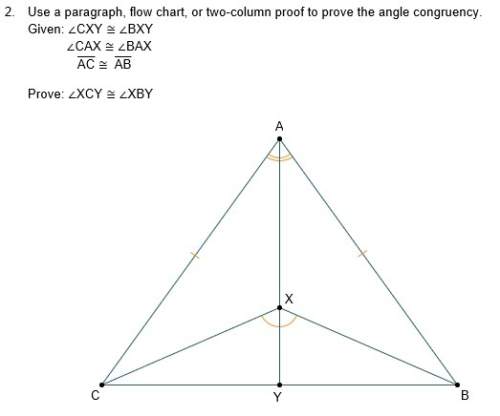
Mathematics, 13.10.2020 04:01 adiafloresp2dkbx
Suppose a random experiment is repeated many times, for example, a fair coin is flipped 1000 times. The outcome from a single flip of the coin is either Heads or Tails. If we repeat the experiment, the number of times each outcome is observed, i. e., the number of Heads and the number of Tails, is called the frequency of that outcome. The relative frequency of an outcome is the proportion of times that outcome is observed. For example, the relative frequency of Heads is the frequency of heads divided by the total number of flips (this was the fraction that we computed in class in the quarter flipping experiment last Thursday). By the Law of Large Numbers, as the number of repetitions of an experiment increases, the relative frequency of each outcome approaches the probability of that outcome.
Required:
Use computer simulation to find the relative frequency of an outcome and to show how, as the number of repetitions of the experiment increases, the relative frequency stabilizes to a number between 0 and 1.

Answers: 1


Another question on Mathematics

Mathematics, 21.06.2019 16:00
In the diagram, the ratio of ab to ae is (1/2) . what is the ratio of the length of to the length of ?
Answers: 3

Mathematics, 21.06.2019 16:00
Drag the tiles to the correct boxes to complete the pairs. not all tiles will be used. the heights of the girls in an advanced swimming course are 55, 60, 59, 52, 65, 66, 62, and 65 inches. match the measures of this data with their values.
Answers: 1


Mathematics, 21.06.2019 19:00
Let hh represent the number of hummingbirds and ss represent the number of sunbirds that must pollinate the colony so it can survive until next year. 6h+4s > 746h+4s> 74 this year, 88 hummingbirds pollinated the colony. what is the least number of sunbirds that must pollinate the colony to ensure that it will survive until next year?
Answers: 1
You know the right answer?
Suppose a random experiment is repeated many times, for example, a fair coin is flipped 1000 times....
Questions

Chemistry, 25.12.2021 01:00

History, 25.12.2021 01:00

Social Studies, 25.12.2021 01:00


Physics, 25.12.2021 01:00


Mathematics, 25.12.2021 01:00









Computers and Technology, 25.12.2021 01:00


History, 25.12.2021 01:00

Mathematics, 25.12.2021 01:00




